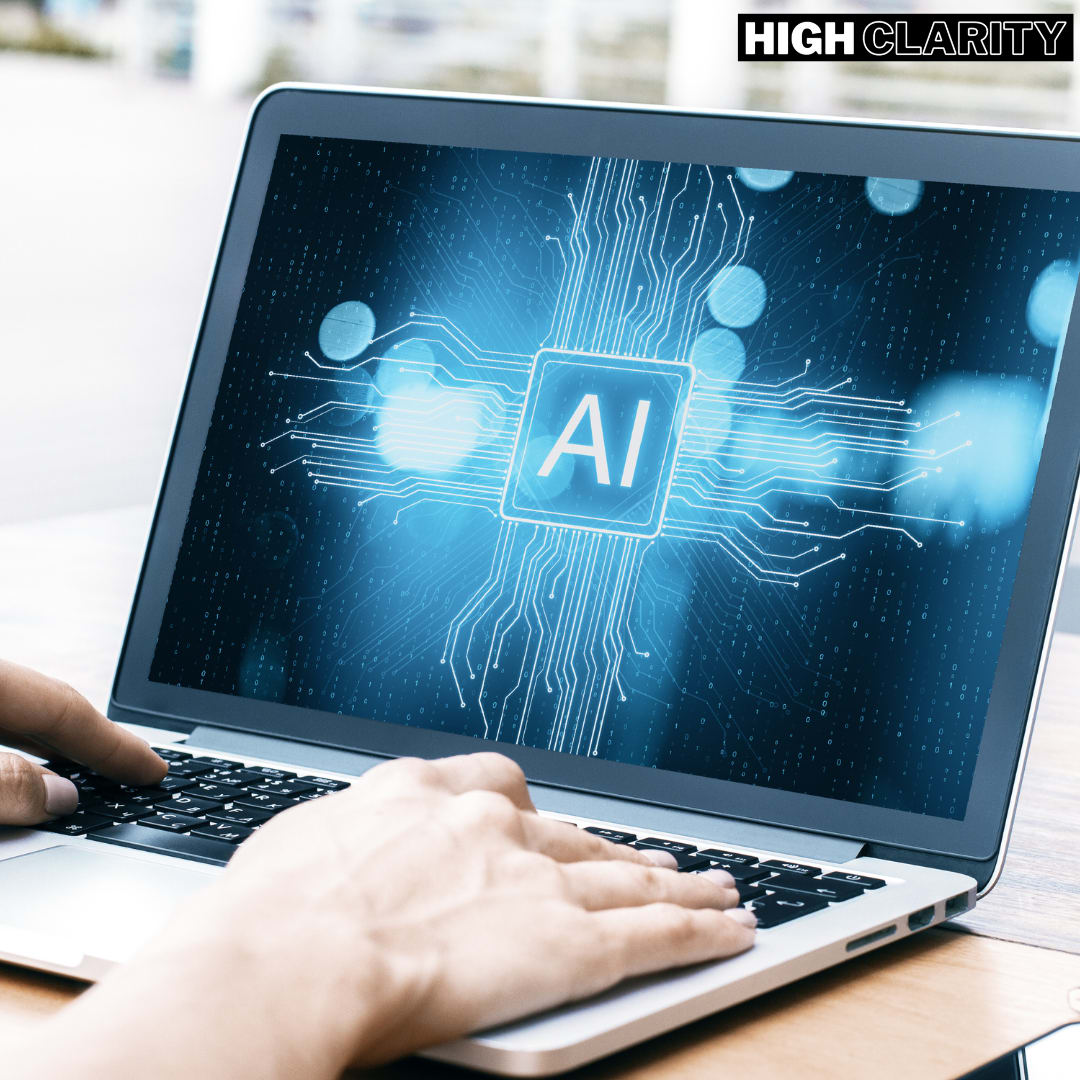
In a time when artificial intelligence (AI) is rapidly reshaping industries and society, the ability of machines to make reliable decisions under uncertain conditions has become a fundamental area of research. Wille Neiswanger, a faculty member at the USC Viterbi School of Engineering and a leading researcher in machine learning and decision-making systems, shares insights into how AI navigates the complexity of real-world ambiguity.
Modern AI systems often operate in environments where data may be incomplete, noisy, or conflicting. From autonomous vehicles encountering unexpected obstacles to medical diagnostic systems interpreting inconclusive patient data, the need for machines to reason carefully despite uncertainty is critical.
According to Neiswanger, one of the core strategies in addressing uncertainty is probabilistic modeling. “We equip machines with models that allow them to not just make predictions but also estimate how uncertain those predictions are,” he explains. This method helps systems recognize when they need more data or a different approach before making high-impact decisions.
Another vital tool is Bayesian inference, a method that allows AI to update its understanding as it acquires new evidence. For example, a robot navigating a changing environment can adjust its course when unexpected conditions arise, guided by its updated belief about the surroundings.
In safety-critical applications, such as self-driving vehicles or robotic surgery, understanding and managing uncertainty is paramount. Neiswanger emphasizes the importance of robustness—designing systems that can anticipate what could go wrong and mitigate those risks through methods like simulation and reinforcement learning.
Furthermore, he highlights the role of AI transparency in uncertain decision-making. As systems grow more complex, making their decisions explainable helps developers and users trust and validate these outcomes, especially when they diverge from expectations.
As AI continues to expand its footprint in society, designing systems that not only perform well under ideal conditions but also adapt intelligently under uncertainty will remain a defining challenge. Researchers like Neiswanger are at the forefront of ensuring that AI’s decision-making capabilities are reliable, adaptable, and safe across ever-changing real-world conditions.
Source: https:// – Courtesy of the original publisher.








